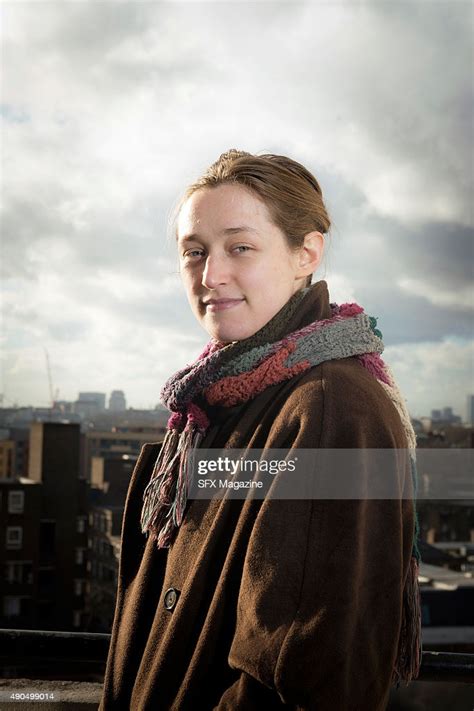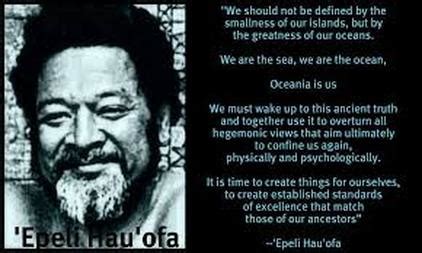A Quote by Andrzej Wajda
Language also encodes our past. We want to know who we are. To know who we are, we have to know who we used to be. Consequently, our literature, written in the past, anchors us in that past.
Quote Topics
Related Quotes
You have a lot to learn, young man. Philosophy. Theology. Literature. Poetry. Drama. History. Archeology. Anthropology. Mythology. Music. These are your tools as much as brush and pigment. You cannot be an artist until you are civilized. You cannot be civilized until you learn. To be civilized is to know where you belong in the continuum of our art and your world. To surmount the past, you must know the past.
This thing you carry inside you, I don't know what it is. I don't know where you got it. But Harry, the past is the past. You are alive today. That is all that matters. You must remember, because it is who you are, but as it is who you are, you must never, ever regret. To regret your past is to regret your soul.
I am interested in the past. Perhaps one of the reasons is we cannot make, cannot change the past. I mean you can hardly unmake the present. But the past after all is merely to say a memory, a dream. You know my own past seems continually changed when I am remembering it, or reading things that are interesting to me.
That the past is ahead, in front of us, is a conception of time that helps us retain our memories and to be aware of its presents. What is behind us [the future] cannot be seen and is liable to be forgotten readily. What is ahead of us [the past] cannot be forgotten so readily or ignored, for it is in front of our minds' eyes, always reminding us of its presence. The past is alive in us, so in more than a metaphorical sense the dead are alive - we are our history.
Why cry about missed opportunities when you have the ability to smile at opportunities lived? The past has created who you are NOW, where we learn and grow from the past, never resting upon previous achievements or allowing past failure to paralyze us in our current endeavor. All that was has created us to be the best we currently are for our greatest hour is about to arise!
what he sought was always something lying ahead, and even if it was a matter of the past it was a past that changed gradually as he advanced on his journey, because the traveller's past changes according to the route he has followed: not the immediate past, that is, to which each day that goes by adds a day, but the more remote past. Arriving at each new city, the traveller finds again a past of his that he did not know he had: the foreignness of what you no longer are or no longer possess lies in wait for you in foreign, unpossessed places.






































